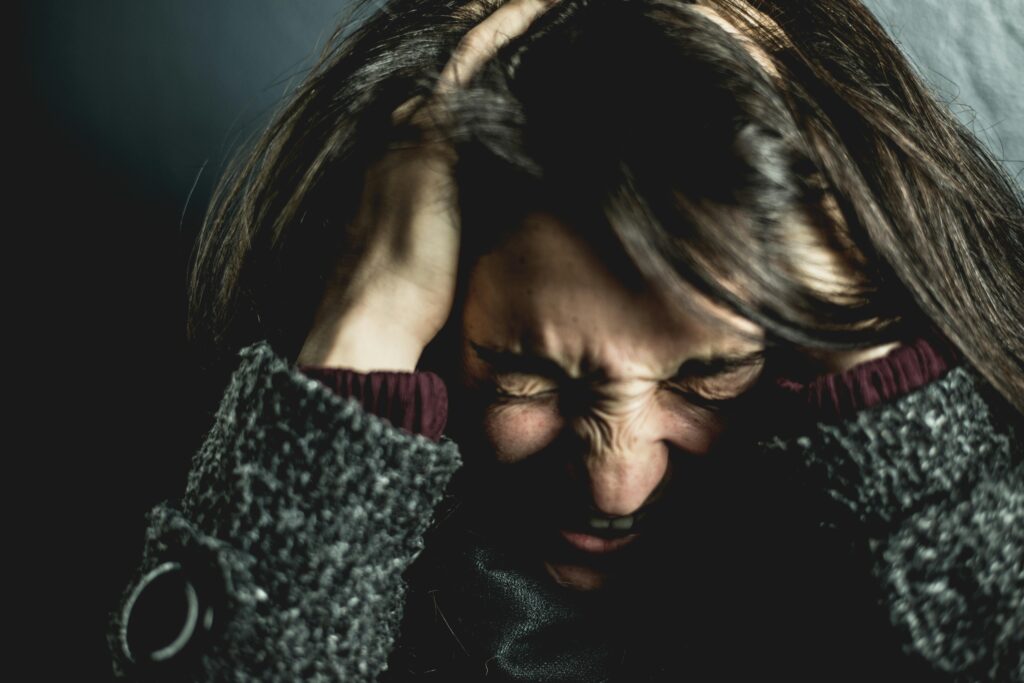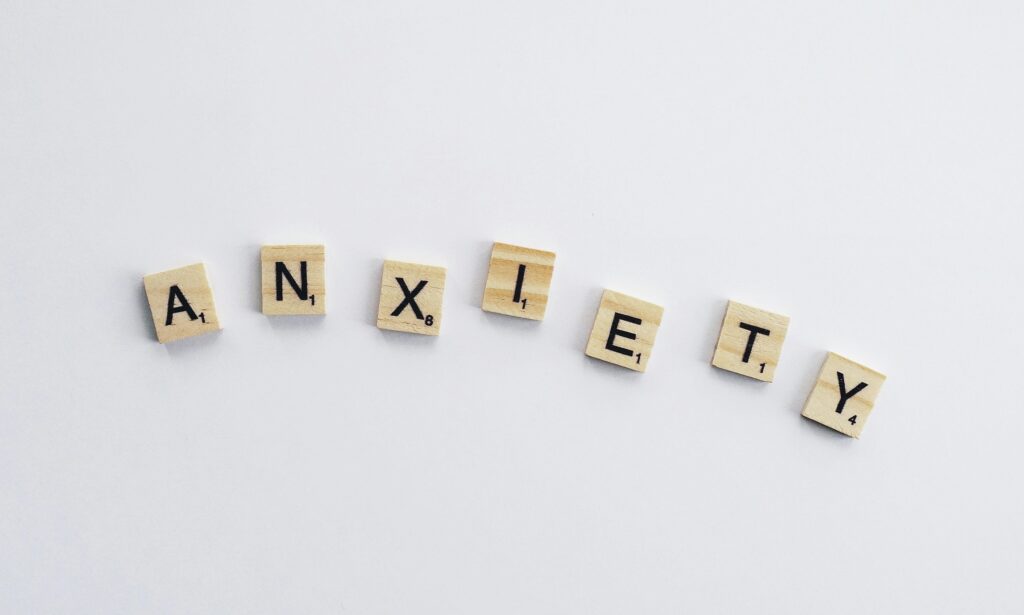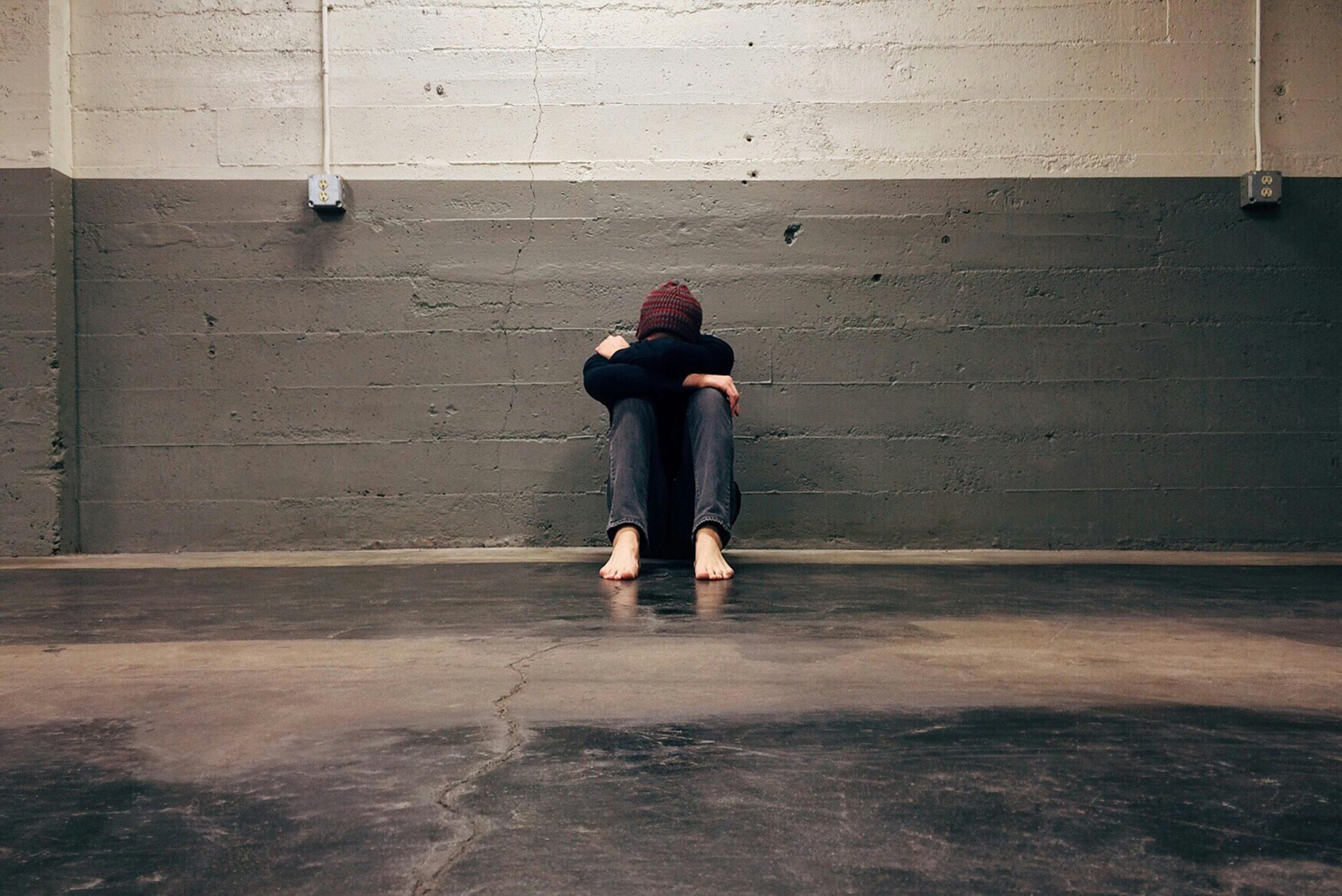Anxiety attacks can feel like a sudden, overwhelming tempest. The heart races, the breath quickens, and the mind races with fearful thoughts. While medication can be a helpful tool, many people seek alternative approaches to manage these episodes. This article delves into effective strategies for treating anxiety attacks at home without medication.
Understanding Anxiety Attacks
Before exploring treatment options, it’s essential to understand what an anxiety attack is. It’s a sudden surge of intense fear or discomfort that reaches a peak within minutes. Symptoms can vary but often include:
- Rapid heartbeat
- Sweating
- Trembling
- Shortness of breath
- Feeling of choking
- Chest pain or discomfort
- Nausea or upset stomach
- Dizziness, lightheadedness, or faintness
- Chills or hot flashes
- Numbness or tingling
- Derealization (feelings of unreality) or depersonalization (feeling detached from oneself)
- Fear of losing control or dying
While these symptoms can be terrifying, it’s crucial to remember that anxiety attacks are not harmful and will pass.
Home-Based Strategies for Anxiety Attacks
Grounding Techniques
- 5-4-3-2-1 method: Engage your senses by identifying five things you can see, four things you can touch, three things you can hear, two things you can smell, and one thing you can taste.
- Deep breathing: Practice slow, deep breaths, focusing on the sensation of the air entering and leaving your body.
- Mindfulness meditation: Bring your attention to the present moment without judgment. Observe your thoughts and feelings without getting caught up in them.

Physical Techniques
- Exercise: Light physical activity can help dissipate physical tension. Walking, stretching, or gentle yoga poses can be beneficial.
- Progressive muscle relaxation: Tense and relax different muscle groups to release physical stress. Start with your feet and work your way up to your head.
- Hydrotherapy: A warm bath or shower can soothe both the body and mind. Add bath salts or essential oils for added relaxation.
Cognitive Techniques
- Challenge negative thoughts: Identify and question negative thought patterns that contribute to anxiety. Replace them with more realistic and positive thoughts.
- Cognitive restructuring: Learn to identify and change distorted thinking patterns that trigger anxiety.
- Positive affirmations: Repeat positive statements about yourself to boost self-esteem and reduce anxiety.
Lifestyle Modifications
- Regular sleep: Aim for 7-9 hours of quality sleep each night.
- Healthy diet: Eat a balanced diet rich in fruits, vegetables, and whole grains.
- Limit caffeine and alcohol: These substances can exacerbate anxiety symptoms.
- Stress management: Incorporate relaxation techniques like yoga, meditation, or tai chi into your routine.
- Social support: Connect with friends and family for emotional support.

When to Seek Professional Help
While home remedies can be effective for managing anxiety attacks, it’s essential to seek professional help if:
- Anxiety attacks are frequent, severe, or significantly impacting your daily life.
- You’re experiencing panic attacks, which are more intense and debilitating than anxiety attacks.
- You’re struggling to cope with anxiety on your own.
A mental health professional can provide tailored guidance, therapy, and medication if necessary.
Additional Tips
- Create a calming environment: Designate a quiet space in your home where you can relax and practice relaxation techniques.
- Learn relaxation techniques: Explore various relaxation techniques like guided imagery, autogenic training, and diaphragmatic breathing.
- Seek support: Join a support group or connect with others who understand anxiety.
- Avoid isolation: Maintain social connections and engage in activities you enjoy.
- Be patient: Overcoming anxiety takes time and effort. Don’t get discouraged if you don’t see immediate results.
Remember, you’re not alone in experiencing anxiety attacks. By understanding the condition, practicing self-care, and seeking support when needed, you can effectively manage anxiety and improve your overall well-being.

